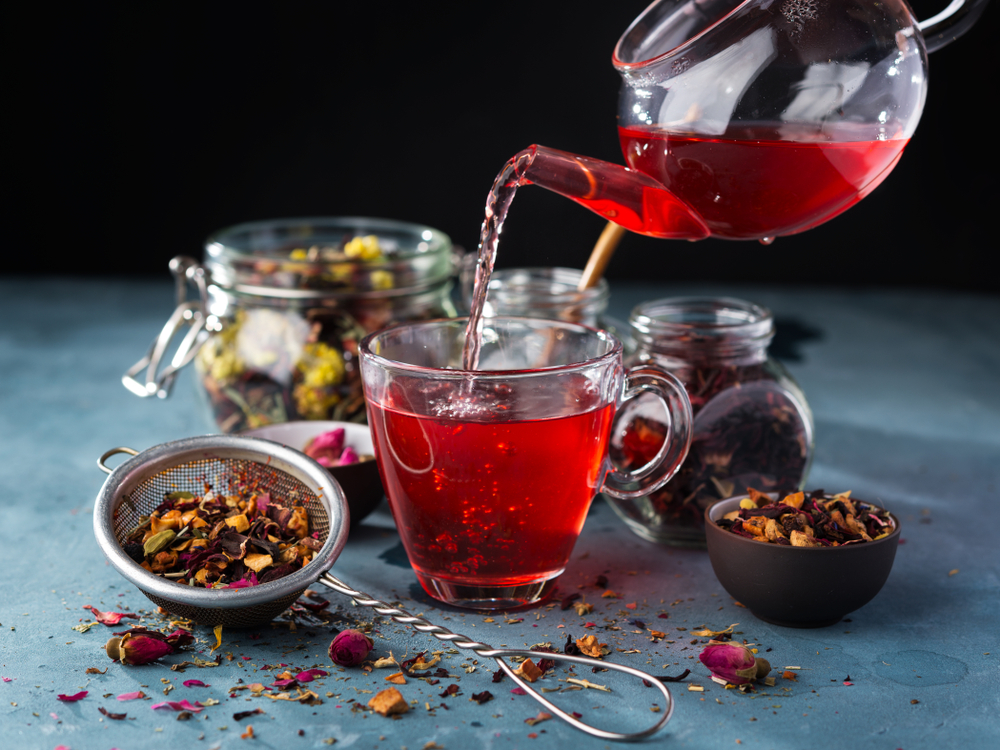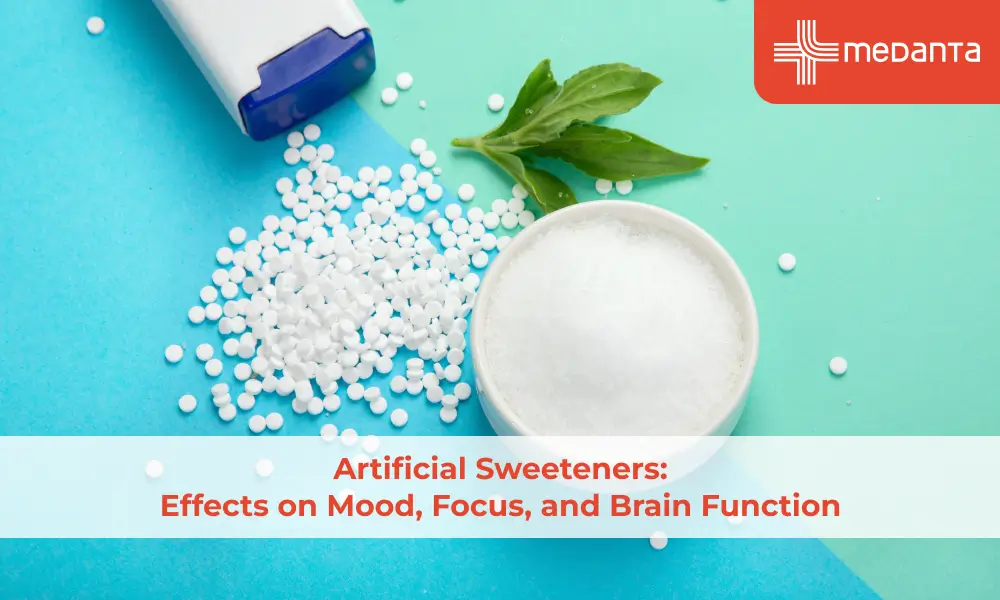MythBusters: Fast and Fluid: The Benefits of Hydration During Fasting

Consuming tea and fluids during fasting is one of the most controversial and challenging topics. Fasting is a method of restricting solid food and liquids for a certain period of time. This one is mainly for weight loss regimes. While fasting strictly restricts solid food, whether a person can consume fluids and tea is still discussed, even though there are guidelines for the same. Although water is generally fine to drink while fasting, the full answer isn’t as simple as it seems. Guidelines vary depending on the type of fast and the reason that you’re fasting.
Liquid Diet
Water fasting is a type of fasting during which a person cannot consume anything other than water. Most water fasts last 24–72 hours. A water fast should not be followed for longer than this duration. Even if you plan to, you should consult the doctor before doing the same, which should be done under a health professional's supervision. A water fast is done for religious or spiritual reasons to lose weight or for “detoxing” for its health benefits before a medical procedure.
The health benefits of fasting include a lower risk of certain cancers, heart disease, and metabolic diseases like diabetes.
Advantages of Fasting:
a) Cell Renewal and Recycling: Fasting may promote autophagy. Autophagy is the process in which old parts of cells are broken down and recycled. This may prevent dead and damaged cells from accumulating, dead cells can lead to disease. Therefore, fasting may help prevent certain kinds of cancers.
b) Regulate High Blood Pressure: Fasting may help regulate the blood pressure of people suffering from high blood pressure. Researchers have stated that fasting lowers blood pressure, and improves the level of LDL and inflammation.
c) Prevent Metabolic Diseases: Fasting may help improve insulin and leptin sensitivity. Thus, helping to prevent metabolic diseases like diabetes and leptin resistance.
d) Lower Risk of Chronic Disease: Fasting prevents the risk of chronic diseases like diabetes, cancer and heart disease. Research has shown that they prevent the heart and other vital organs from being damaged by free radicals. Fasting also helps in suppressing cancer-causing cells in the body.
Disadvantages of Water Fasting
a) Improper Weight Loss: If/When fasting is done mainly with the motive of weight loss. The wrong amount of weight may be lost from vital areas and from muscles which might be fatal.
b) Dehydration: Water requirement of the body is fulfilled through the solids that we eat Since without solid food body is not able to retain much water and passes more urine, chances of dehydration are high. Symptoms of dehydration include dizziness, nausea, headaches, constipation and low blood pressure
c) Hypotension: Water fasting most commonly causes hypotension. Since the caloric intake is tremendously lower than the demand of the body, water fasting leads to hypotension which can cause dizziness, lightheadedness and fainting. Also, through frequent urination body also losses its electrolytes and if not.
d) May Deteriorate Other Pre-Existing Medical Conditions: If a person is already suffering from any pre-existing medical condition like gout or eating disorders they should never start a water fast with a health professional's supervision.
Conclusion:
Water fasting is a method of fasting that may have some health benefits but also poses risks. Most of the health benefits of water fasting have been observed in animal studies, and the same effects may or may not apply to humans.
Water fasting also comes with several risks, especially if a person fasts for longer than 72 hours or has medical conditions like gout or diabetes. Safer methods like intermittent fasting or alternate-day fasting have been proven to be more effective. These fasts allow eating some food, making them easier to follow in the long term. Also, note that these should only be practiced under the supervision of healthcare professionals.






